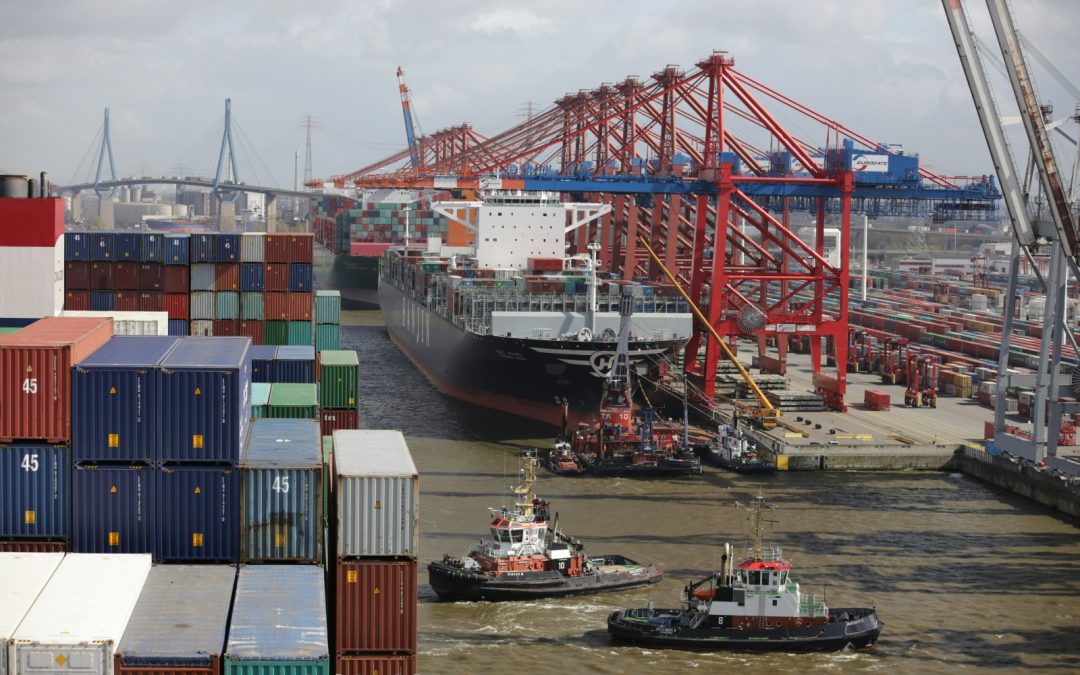Introduction
In 2025, global supply chains face unprecedented challenges. Geopolitical tensions, shifting trade policies, and unforeseen disruptions have underscored the importance of resilience and adaptability in supply chain management. Recent developments, such as the U.S.-China trade ceasefire and China’s strategic moves to localize supply chains, highlight the dynamic nature of international trade
The Current Landscape
The seemingly temporary reduction of U.S. tariffs on Chinese imports from 145% to in some cases as low as 30% has led to a surge in demand, as businesses rush to restock inventories ahead of potential policy reversals. This sudden spike, termed a “demand shock,” threatens to overwhelm supply chains, leading to increased shipping rates and potential bottlenecks
Simultaneously, Chinese companies are accelerating efforts to eliminate foreign components from their supply chains, aiming for greater self-sufficiency amid escalating trade tensions. This shift not only alters global supply dynamics but also introduces new complexities for businesses reliant on international suppliers.
The Imperative for Resilience
In this volatile environment, resilience is no longer optional—it’s essential. Businesses must anticipate disruptions, adapt to rapid changes, and maintain operational continuity. Key strategies include:
- Enhanced Visibility: Real-time tracking of shipments and inventory to preempt delays.
- Agile Operations: Flexible processes that can quickly adjust to changing circumstances.
- Collaborative Networks: Strong partnerships with suppliers and logistics providers to ensure coordinated responses.
How Tradecloud Enterprise Supports Resilient Supply Chains
Tradecloud Enterprise offers a comprehensive SaaS solution designed to bolster supply chain resilience:
- Real-Time Visibility: Monitor shipments, inventory levels, and supplier performance across the entire supply chain.
- Automated Workflows: Streamline processes to reduce manual errors and accelerate response times.
- Data-Driven Insights: Leverage analytics to forecast disruptions and make informed decisions.
- Secure Communication: Facilitate seamless collaboration with all stakeholders through a centralized platform.
Conclusion
As global trade continues to evolve, businesses must prioritize resilience to navigate the complexities of 2025 and beyond. By leveraging solutions like Tradecloud Enterprise, companies can enhance visibility, streamline operations, and build robust supply chains capable of withstanding future challenges.

